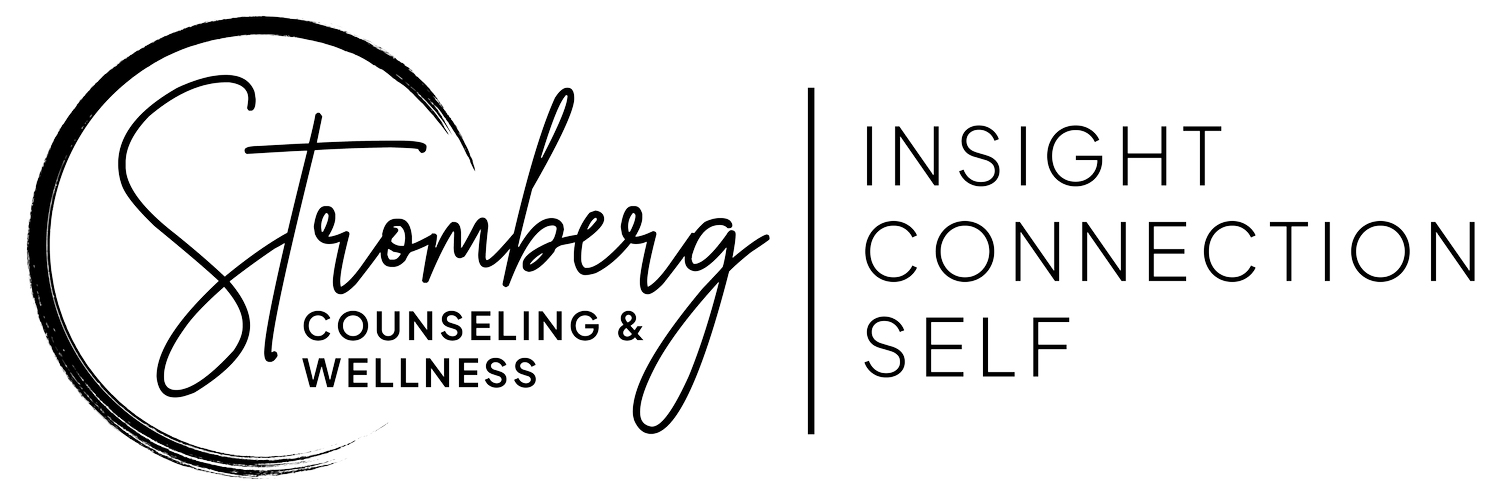When Straight People Balk at Coming Out
Author’s Note: This piece is an edited and updated version I drafted on National Coming Out Day in 2022. At the time, I had nowhere to really share it, and it was more for my benefit to process what I was experiencing. In light of the current climate in the US, I’m posting an updated version on National Coming Out Day. My original draft was written out of frustration, and it was directed not at those who celebrated coming out but at the voices who minimized or questioned the relevance. I opted to keep my voice of frustration in parts, but I did tone it down a bit. Think of this post as less therapeutic or educational, but more of a perspective for those who question why coming out is a living story and not a single moment.
I’m reading through some comments in response to a LinkedIn post from someone who shared his coming-out story as part of National Coming Out Day. The crux of it is that he comes out every day to different people throughout his life. The comments range from the celebratory to others who essentially say, “you do you, but I don’t understand what the big deal is with having to tell everyone about what you do in the bedroom.” Others are a bit more extreme and say to drop the entitlement bit because straight people don’t have the right to broadcast their sexuality. Let’s pause here because some of the perspectives overlook a few things.
Many think of coming out as the big events, like telling yourself, your family, or your community for the first time. But it’s easy to overlook all the “micro coming out” moments. Heterosexuals have the privilege of being the norm, given that roughly 80% of the population identifies as straight. Thus, heteronormativity—the assumption that heterosexuality is the default or “normal” orientation—shows up everywhere: in TV, marketing, health insurance, wedding planning, adoption processes, blood donation policies, “his and her” bath towels, songs, literature, and even the first set of emojis representing male-female couples. And, it’s not just about “what you do in the bedroom,” although that is also front and center in the media. In short, heterosexuality is the cultural default, and straight people broadcast their sexuality frequently and without effort, forethought, or worries about how it will be perceived. That’s very comforting if that’s how you identify. It’s normal, predictable, and needs no explanation. Heterosexuals do not have the burden of disclosing that they are a cultural or societal outlier. They are not an “other.”
But, for those of us “outliers,” who don’t have that privilege? Coming out comes in large, small, and constant ways: correcting the wedding planner, lobbying for being on the same insurance plan, pleading to visit our partner in the hospital, explaining why we no longer attend our family church, deciding if we remain vague about our partner’s gender, assessing if it’s safe to hold hands in public, placing a pic of you and your partner on your desktop, celebrating when a new “woke” emoji represents our relationship, or buying two sets of “his and her” bath towels hoping the lovely lesbian couple next door will take the extra “hers” off our hands. So, coming out is a big deal, and it’s not a one-and-done activity, unfortunately. And, in small ways, it takes a toll when people respond in micro or flat-out aggressive ways.
To those who simply celebrate another’s coming out, thank you. To those who opt to commentate with backhanded statements like, “no one cares,” that type of comment illustrates that you do care. You took the time to write or say it, after all. If you’re wondering why coming out in 2025 still matters to us, I invite you to look at the news and read the online comments (especially during Pride month or LGBTQ+ history month). Many people do care, especially when their comfortable heteronormativity feels challenged. That discomfort often comes with fear and a perception that acceptance for others takes something away from you, as if your privilege is at stake. It’s natural, really. I get it. It’s this whole limited-resources thing that leads to some fear-based, distorted concern that others are asking for a slice of acceptance by taking a piece of the majority’s pie. But here’s the thing: we’re not asking for your slice of the pie. We’re asking to make the whole damn pie bigger so we all can enjoy a healthy serving of belonging and acceptance.
Final Author’s Note: If this resonates with you, whether you are struggling to find the way or words to come out, or you are trying to make sense of a loved one’s coming out, consider speaking with an LGBTQ-affirming therapist. A supportive space can help you explore your experience, even if you’re unsure, conflicted, or just trying to understand. If you’re on Instagram and want to see more reflections like this, you can find me at @relationalbodies.

